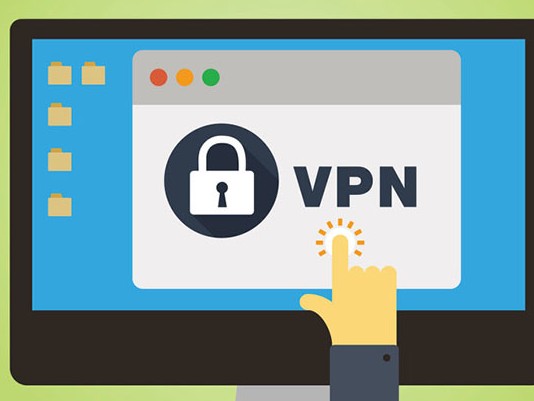News - News In Brief
VPN Usage Rises by 180% due to Skyrocketing Streaming of Netflix as Online Communities Unite in Isolation
April 8, 2020
VPN services have been on the rise, bridging the gap between individuals and uniting them into online communities and "watch parties" on Netflix, nearly doubling the usage of virtual private networks compared to the pre-pandemic period. ZoogVPN, a freemium VPN service provider, has shared more insights on how the newly changed habits have affected our network dependency.
To combat the loneliness crisis, people have been gathering into various online communities and "watch parties" on Netflix to lessen the emotional stress placed by the quarantine. The need to connect with their friends, family and like-minded individuals, who are residing abroad, has tremendously increased the usage of virtual private networks, as they enable users to bypass location-based restrictions and join a group of peers from anywhere around the globe.
For example, ZoogVPN reports that due to the high rise in demand for streaming Netflix in different regions, the usage of VPNs has nearly doubled since the start of the pandemic. VPNs help users connect to an IP address in a country of their choice, therefore, by connecting to a VPN in the US, a user who is currently in France can fully access American Netflix, and vice versa.
“For most, social distancing has been an incredible strain emotionally. That’s why people are uniting to fight loneliness and depression online, where they can gather into communities or use VPNs to access content from their home countries,” said George Agal, the CEO of ZoogVPN, one of the new but fast-growing VPNs on the market. “Interest in using VPNs for US Netflix has always been strong, but since the lockdown, we have seen a notable increase in multi-regional versions of the platform, as they have unique content tailored to the locals. Therefore, many that are stuck abroad during this time, have been leveraging private networks to access their country’s on-demand selection, which had led to an approximately 180 percent increase in the usage of our VPN.”
On-demand video services are experiencing a “golden age” of streaming: in the first weeks of March, time spent on these platforms grew by 34 percent, with the average viewing time rising from 116.4 billion minutes per week to 156.1 billion. The growth in numbers does not come as a surprise, as people are leveraging streaming platforms not only for entertainment purposes, but as a tool to communicate with the people they care about. For instance, the Netflix Party add-on on Google Chrome browser enables friends and family to watch the same show together and share their experience via a private chat room, making them feel connected and, in turn, fighting social isolation. Such digital solutions can reduce homesickness for people who may feel stranded abroad, as they can access entertainment they are familiar with from their home setting.
"During the time of quarantine, when so many people feel isolated and alone, the ability to freely connect to the internet is more important than ever," said George Agal. "We get requests from people stranded in foreign countries for the time of quarantine that miss their local TV shows or want to participate in Netflix watch events with their family that's perhaps in another country. VPNs help them access their home country's Netflix. We have seen an increase of users who subscribe to VPN services just to access Netflix."
ZoogVPN offers VPN services with military-grade encryption that enables to remove location-based restrictions, such as those placed by Netflix. The freemium service allows multi-regional access to the streaming platform, including the United States, the United Kingdom, Canada, Ireland, Germany, Spain, France, Italy, Belgium and India, so users are able to establish a safe connection with their friends and family from wherever they are. The paid subscription provides unlimited bandwidth and access to over 50 VPN locations. In addition, it enables the use of the service on up to 5 devices, as opposed to 1, as it is in the free version.
Isolation is vital in order to help flatten the curve and stop the spread of the raging coronavirus pandemic. However, online communities can bridge the gap between individuals and enable them to feel connected even in distance. This, in turn, can mitigate the effects of long-term isolation and lessen the extent of social recession.









